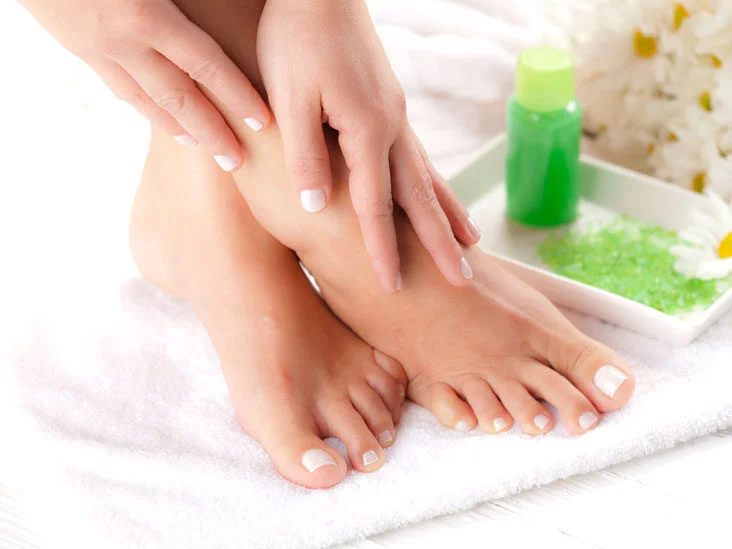When you have diabetes, taking care of your feet is a vital component of your self-care routine. Diabetes nerve damage can impair your capacity to sense pain, heat, and cold. This means that you may not notice a foot injury, such as a cut or blister until it becomes infected. Nerve damage can also create changes in the contour of your feet and toes, making ordinary shoes unpleasant and potentially harmful to your feet.
Diabetes can cause blood vessels to thin and stiffen, resulting in impaired circulation (blood flow), which is another cause of foot issues. Poor circulation makes fighting infection and healing more difficult for your foot.
While even minor scrapes and ulcers can lead to more severe infections and limb loss, there are steps you can take to safeguard your foot. Follow the following diabetic foot care techniques to help avoid injury and lower your chance of developing foot issues.
Maintain Good Daily Foot Care
Wash your feet thoroughly every day, but avoid using hot water. Instead, wash your feet with warm soapy water and inspect them for sores, wounds, blisters, corns, or redness. Dry your feet well and apply a little moisturiser. However, avoid moisturising between your toes since this can lead to infections.
Learn How to Properly Trim Toenails
Toenails should be kept clipped since long or thick nails can rub on nearby toes and cause open sores. The best way to trim your toenails is straight across—cutting into the corners of the nail might result in ingrown toenails. Finish by filing down any sharp edges with an emery board.
Choosing the Correct Footwear
Avoid going barefoot to limit the risk of injury, especially at home. Wearing socks and shoes (or slippers at home) protects the feet. Furthermore, moisture-wicking socks keep your feet clean and dry.
Before putting on your shoes, check for any sharp things, such as tiny pebbles, and wear shoes that fit properly without pinching your toes or rubbing against your feet. If your shoes aren’t comfortable, see your doctor about therapeutic shoes or inserts that may be appropriate for you.
Exercise Regularly
Exercise is beneficial for weak circulation. It improves blood circulation in the legs and feet. Walk in strong, comfortable shoes that fit well, but don’t walk if your feet have open sores.
Work Alongside Your Diabetes Care Team
Take care of your feet—and your general health—by addressing some of the causes of neuropathy and poor blood flow. Follow the advice of your diabetes care team to quit smoking and keep your blood glucose (blood sugar), blood pressure, and cholesterol under control. Contact your doctor straight away if you detect any concerns such as numbness, ulcers, or unhealed wounds.








